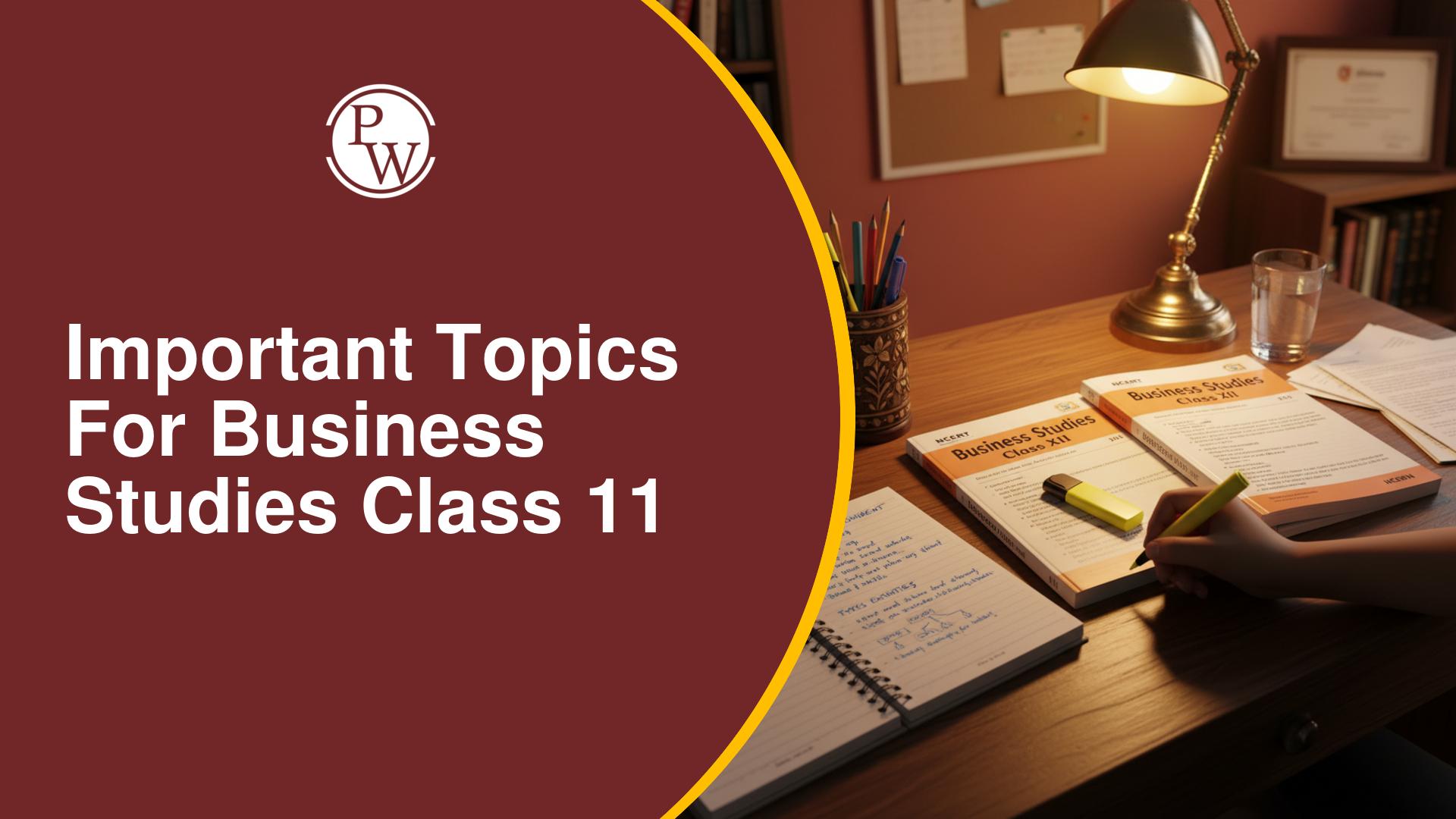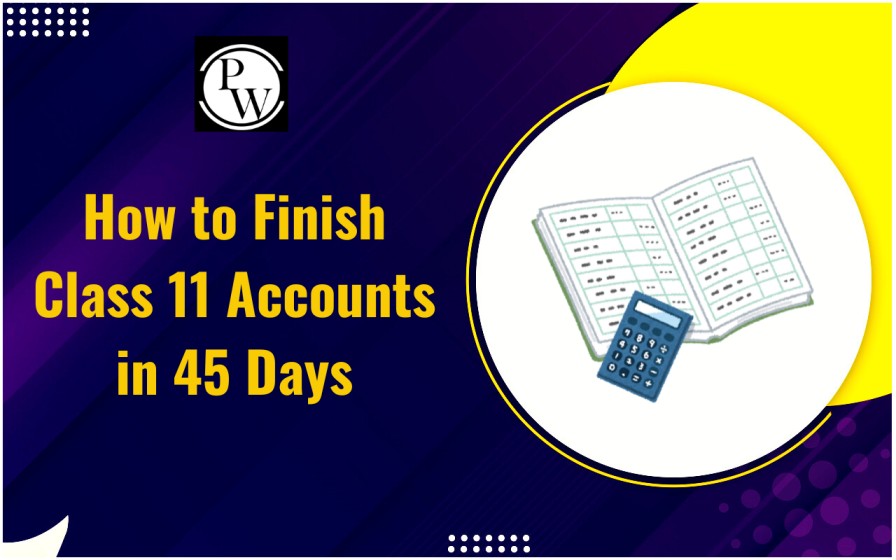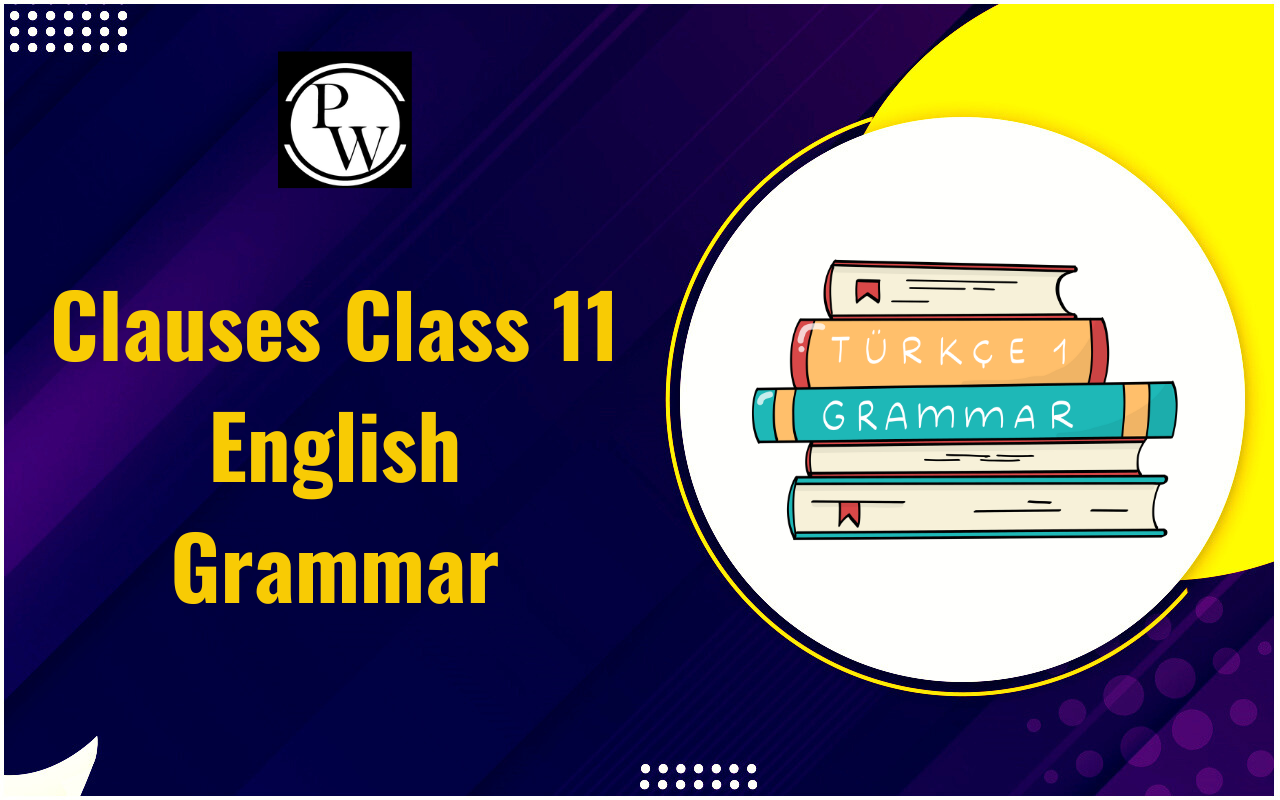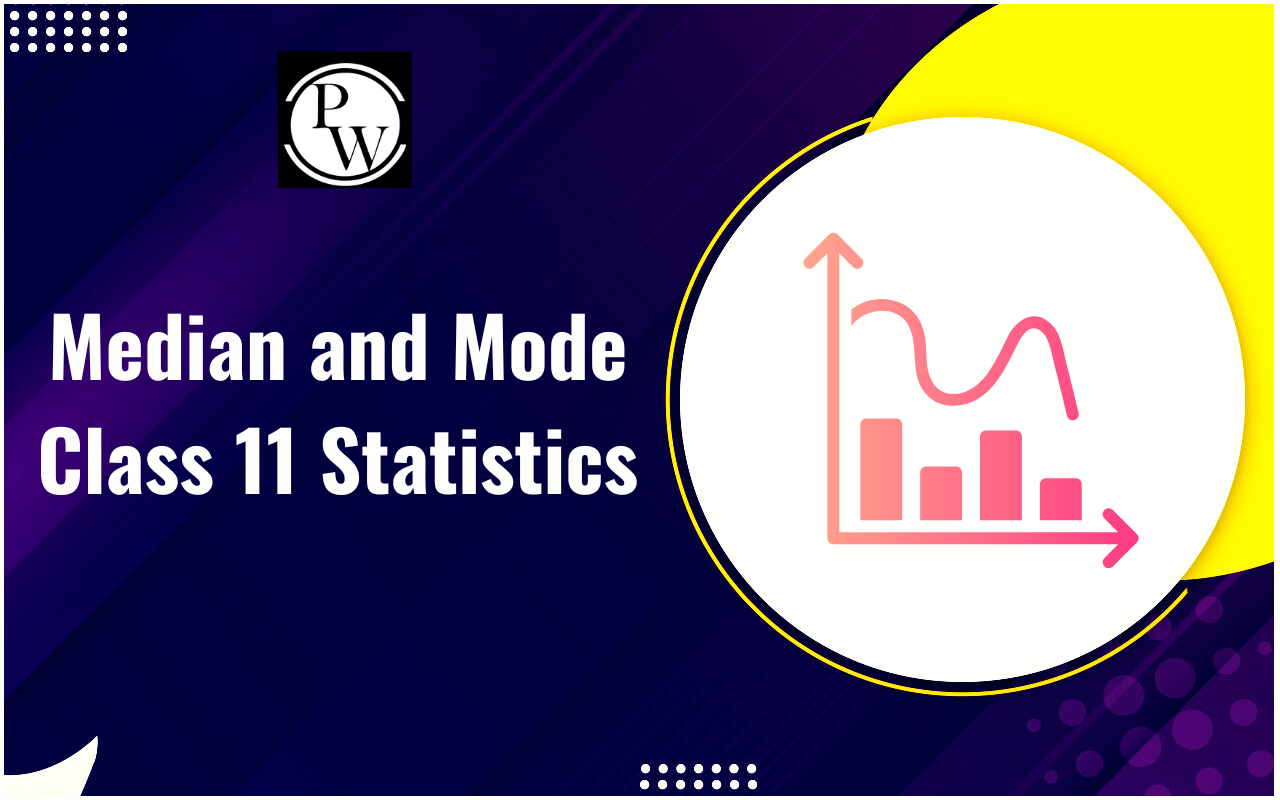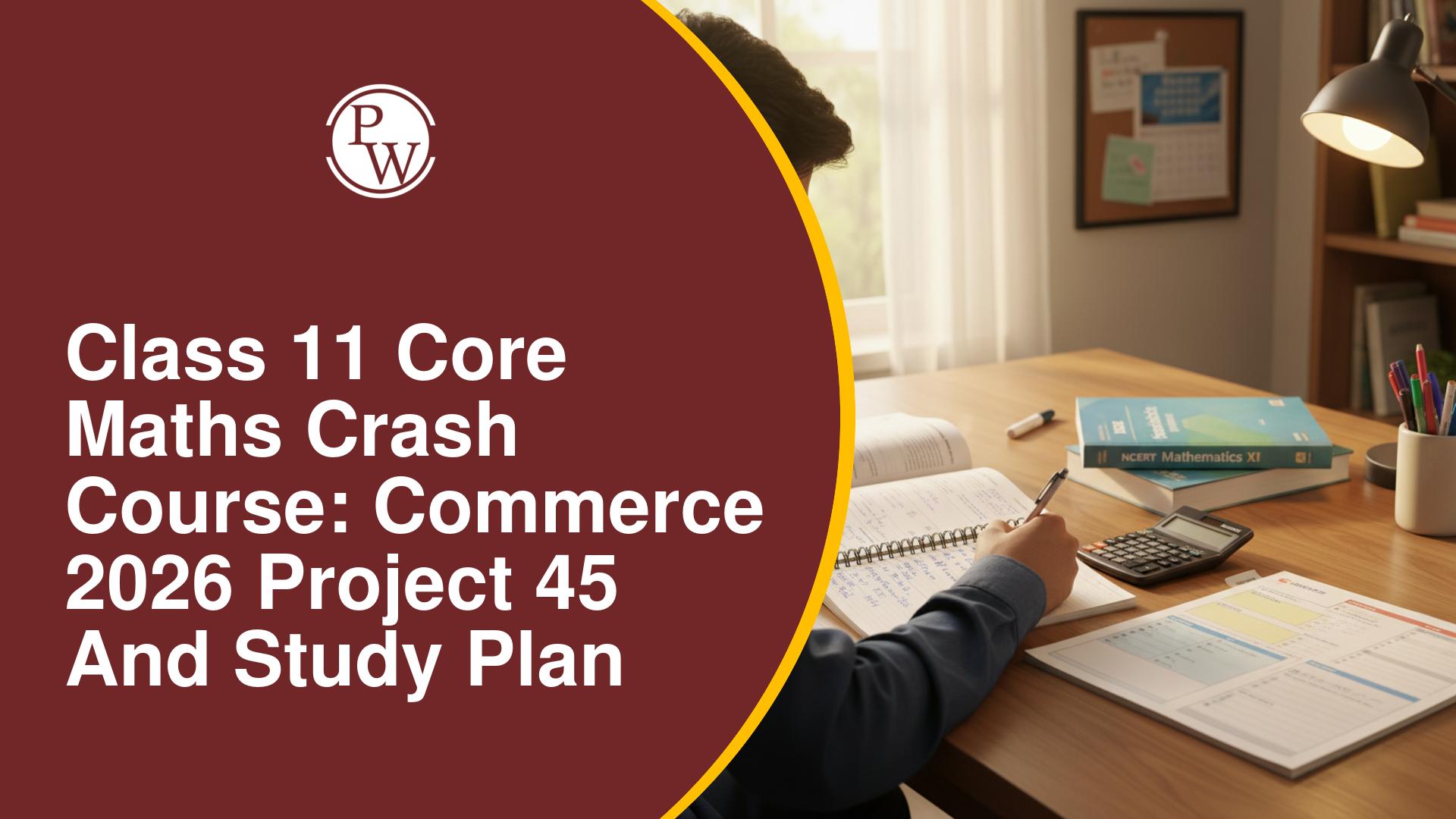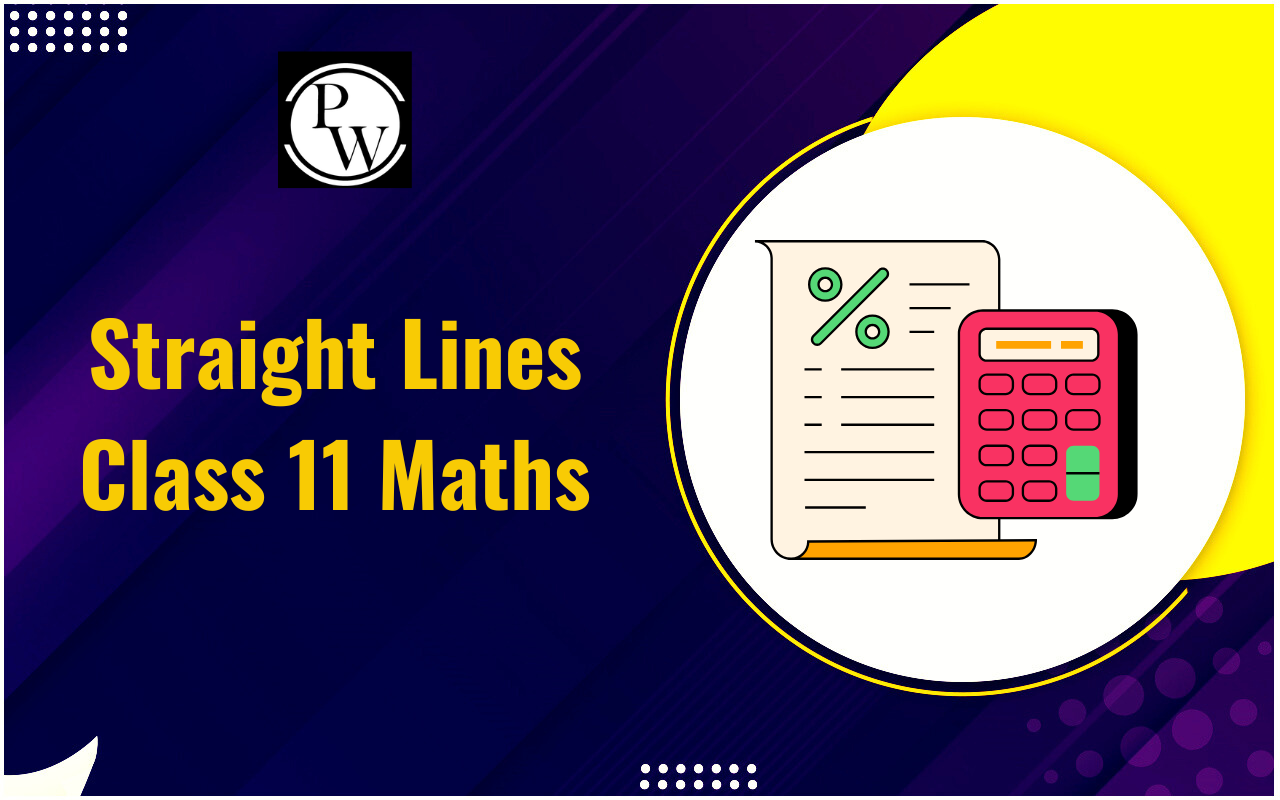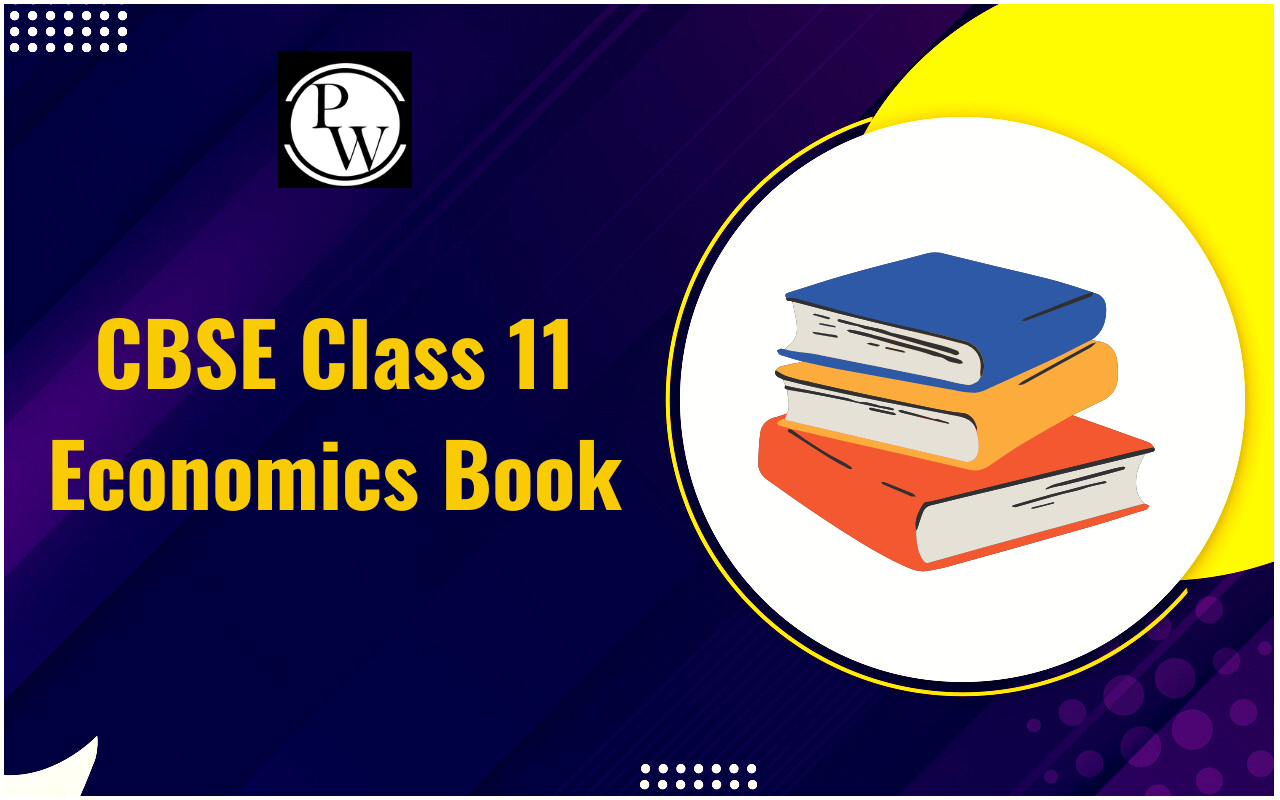
Accountancy is a foundational subject for students stepping into the commerce stream. It marks the beginning of a new academic journey that opens doors to careers in finance, business, and management. As students transition from Class 10 to Class 11, accountancy becomes one of the most vital subjects, introducing them to the language of business. This article offers a detailed overview of accountancy, emphasizing its importance, basic concepts, and how it can be an engaging and rewarding subject for Class 11 commerce students.
What is Accountancy?
Accountancy refers to the process of identifying, recording, classifying, summarising, and interpreting financial transactions. It helps track the income, expenses, assets, and liabilities of a business to understand its financial position. The primary aim of accountancy is to maintain accurate financial records that assist in decision-making and ensure transparency.
Understanding accountancy is essential not only for aspiring Chartered Accountants or finance professionals but for anyone interested in running a business. Every commercial activity involves money, and accountancy serves as the tool to record and analyze these financial activities.
Also Check:
The Role of an Accountant
An accountant plays a crucial role in managing the financial records of a business. They ensure that every transaction is recorded correctly and that the accounts reflect the true financial state of the enterprise. Through their expertise in accountancy, accountants help businesses monitor profits and losses, evaluate financial performance, and make strategic decisions.
Why Class 11 Students Should Take Accountancy Seriously
Students often worry if accountancy will be difficult, especially those who might not have scored well in earlier classes. However, accountancy is a fresh start. Every student begins with the basics, and previous performance in subjects like science or mathematics does not determine success here. Accountancy is logical, systematic, and based on understanding rather than memorisation, making it accessible to all students.
Moreover, it is one of the most scoring subjects in the commerce stream. With consistent practice and conceptual clarity, students can perform well in exams while developing real-world skills.
Core Objective of Accountancy
The fundamental goal of accountancy is to track the financial health of a business. Businesses engage in various transactions daily, such as selling goods, purchasing raw materials, paying salaries, and repaying loans. These activities need to be recorded accurately to:
- Know the profit or loss incurred over a period
- Track what the business owns and owes
- Make informed financial decisions
- Ensure legal compliance and maintain transparency
Fundamental Concepts in Accountancy
Before diving deeper into accountancy, students must familiarize themselves with some basic terms. These form the building blocks of the subject:
Transaction: A transaction refers to any exchange between two parties involving goods, services, or money. For instance, purchasing raw materials or selling finished goods are transactions.
Asset: Assets are resources owned by a business that are expected to provide future benefits. Examples include land, buildings, machinery, inventory, and cash.
Liability: Liabilities are obligations that a business needs to repay in the future, such as loans, outstanding bills, or creditor dues.
Capital: Capital is the amount invested by the owner in the business. It serves as the financial foundation and represents the owner's claim on the business.
Income (or Revenue): Income is the amount earned by a business through its operations, such as selling products or providing services.
Expense: Expenses are the costs incurred in generating income, such as rent, salaries, electricity bills, and raw material costs.
Understanding these basic terms is essential for progressing in the subject, as they frequently appear in all areas of accountancy.
Importance of Accountancy in the Real World
Accountancy is not just a school subject; it is an essential tool used in everyday business operations. Every entrepreneur, company, or government agency needs to maintain financial records. From budget planning to taxation and investments, accountancy plays a central role in every financial decision.
The subject also introduces students to concepts such as income vs. profit, helping them make distinctions that are crucial for evaluating financial statements. Income refers to the total earnings, while profit is what remains after deducting expenses. This difference is vital to understanding the actual performance of a business.
Teaching Methodology That Simplifies Learning
What sets accountancy apart is its structured and logical nature. Instead of relying on rote learning, students are encouraged to understand the logic behind transactions. Teachers often use practical scenarios and stories to explain accounting terms and processes. For example, comparing a home budget to business expenses makes the concept of accountancy more relatable.
This engaging methodology ensures students grasp concepts more quickly and retain them longer. The subject is taught in a step-by-step manner, starting with the basics and gradually building towards more complex topics.
Equal Opportunity for Every Student
One of the unique aspects of accountancy is that it offers every student a clean slate. Regardless of previous academic achievements, all students begin learning accountancy from scratch. This levels the playing field and allows everyone to progress based on their effort and understanding.
It is a subject that rewards consistency and comprehension. With regular practice and conceptual clarity, students can not only score well but also develop analytical and problem-solving skills that will help them in higher studies and professional careers.
A Career Foundation Through Accountancy
Accountancy is more than just a subject; it is a foundation for multiple career paths. It prepares students for fields like:
- Chartered Accountancy (CA)
- Company Secretary (CS)
- Cost and Management Accountancy (CMA)
- Business Management
- Finance and Investment Banking
- Entrepreneurship
By mastering the basics in Class 11, students lay the groundwork for success in these fields.
Accountancy is a core subject in the commerce stream that not only builds academic knowledge but also equips students with practical financial skills. It is simple, logical, and rewarding when approached with dedication and curiosity. Through a step-by-step approach, clear concepts, and relatable examples, accountancy becomes an enjoyable subject that students can excel in.
Class 11 is the perfect time to develop a strong foundation in accountancy, opening the door to a world of career opportunities and financial understanding.
Join PW Commerce Online Course and unlock your potential with quality education and dedicated learning support.
| Related Links | |
| Commerce Class 11 | Class 11 Accountancy |
| Class 11 Commerce Syllabus | Class 11 English |
| Class 11 Business Studies | Class 11 Economics |
| Class 11 Maths | Class 11 Applied Maths |
Core Concepts of Accountancy for Class 11 Commerce Students FAQs
Why is accountancy important for Class 11 commerce students?
Do I need a strong background in mathematics to understand accountancy?
What are the career options after studying accountancy in school?
What are some of the basic concepts introduced in Class 11 accountancy?
Is accountancy a scoring subject in Class 11?

